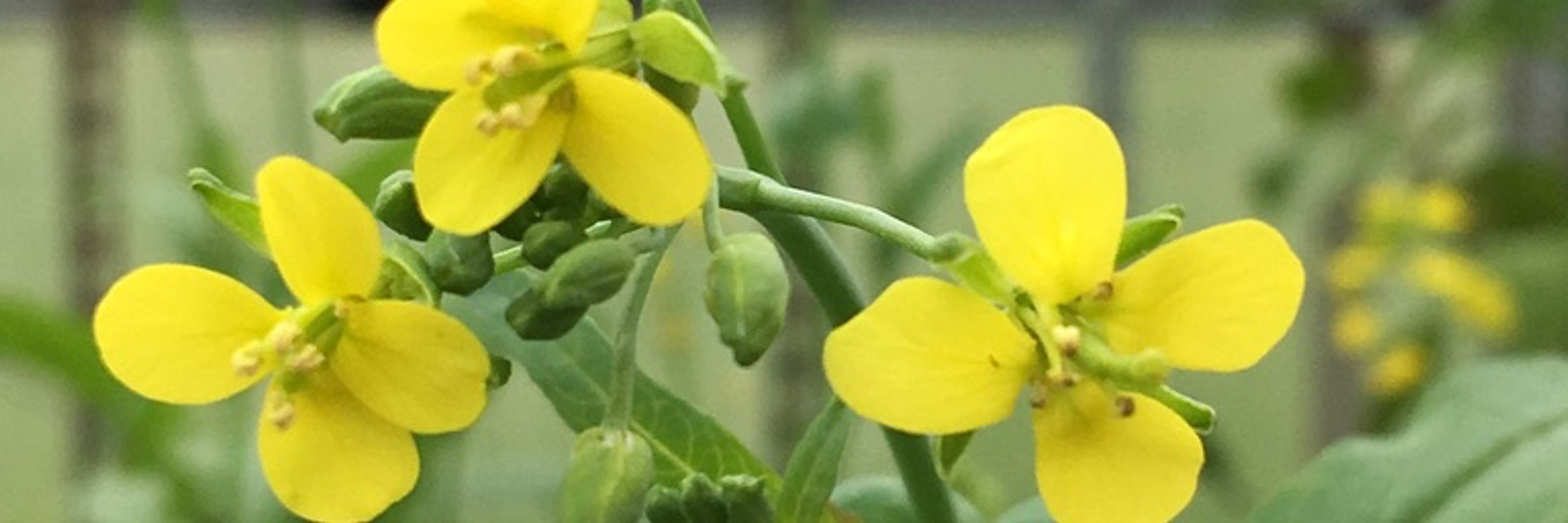
➡️ www.dfg.de/en/research-...




Resurrection studies were also beautifully showcased by @seemasheth.bsky.social #CologneSpringMeeting
@trr341.bsky.social


Resurrection studies were also beautifully showcased by @seemasheth.bsky.social #CologneSpringMeeting
@trr341.bsky.social

